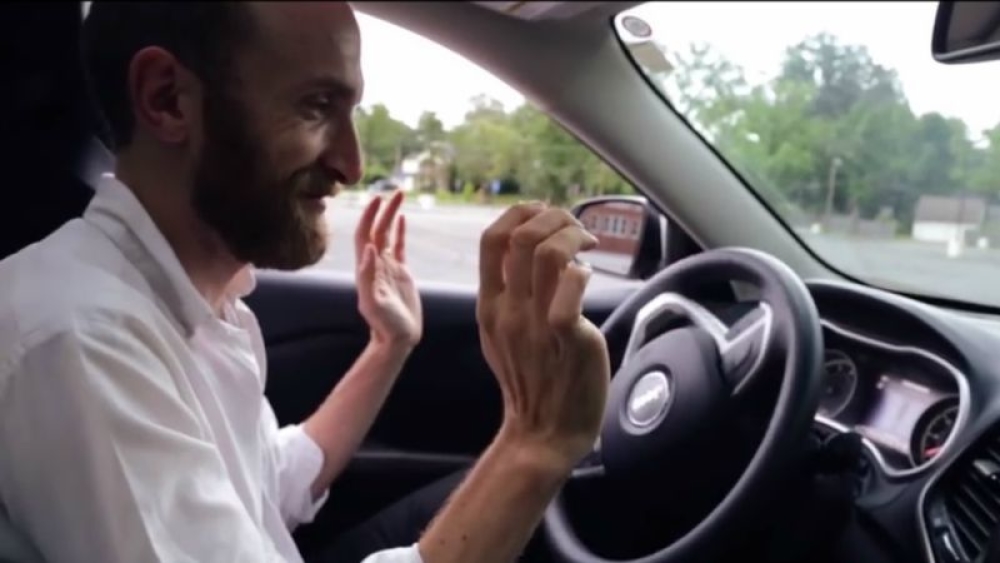Hackers kill a Jeep. With a journalist inside.
23 Jul 2015
As a result of the hack, Chrysler have recalled 1.4 million vehicles to repair the weakness exposed.

Hackers this week demonstrated how to remotely take control of a moving car. It's astonishing and terrifying. It also shows we have a lot of work to do before the Internet of Things becomes widespread. Whatever you do, don't panic.
The Internet of Things (IoT) is a simple idea that is much talked about but somewhat difficult to visualise.
It's also closer than you might think. Wearable technology like the Apple Watch, Fitbit and Nike's Fuelband have been around for a while but show just the start of where this technology could go.
Essentially IoT links objects to the internet. Why bother, you may ask. Imagine you are in a driverless car. That car will not crash because it will process data from the other vehicles on the road, traffic congestion (if there is any in the future of course) and information from the infrastructure around, the weather and the othger factors that will together make your journey as uneventful as possible.
That's the dream anyway. But not if you are hacked.
Data consultant Catherine Neasmith recently told us Automotive is the future for data, so expect such technologies to take off in the coming years.
Last week a pair of hackers succeeded in exploiting a weakness in a car, hacking through the entertainment system to take control of a moving vehicle. They also made a video about it. To demonstrate, journalist Andy Greenberg drove his standard Jeep Cherokee around, while two hackers killed the car.
If they can do it, so can others. While the opportunities for the IoT are immense (IDC believes the market for IoT services will grow from $1.9 trillion in 2013 to $7.1 trillion in 2020. Yes, those figures are in the trillions), so are the potential threats.
As a result of the hack, Chrysler have recalled 1.4 million vehicles.

Please login to comment.
Comments